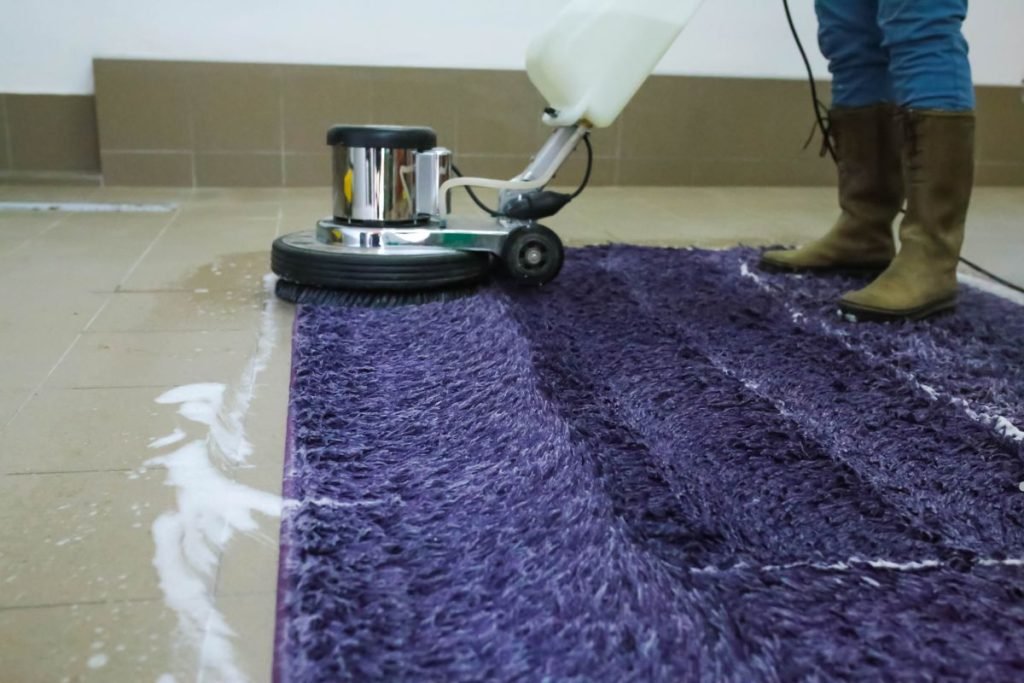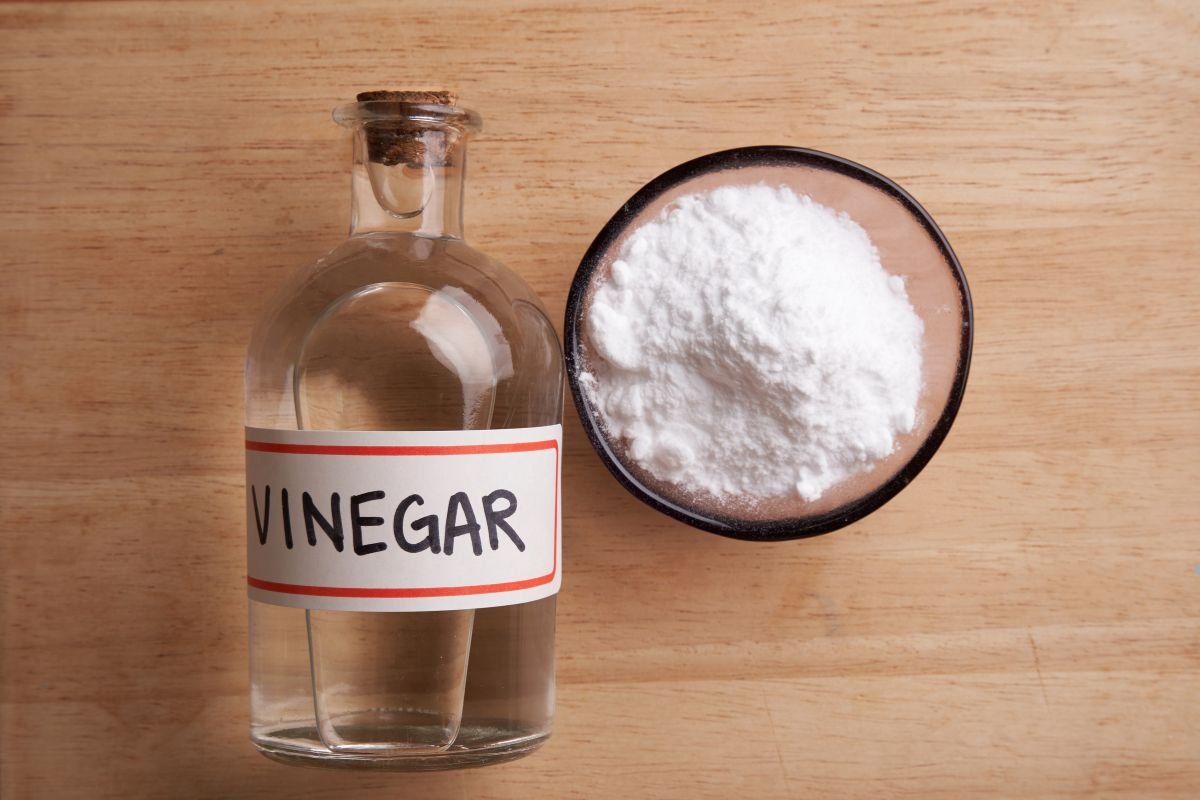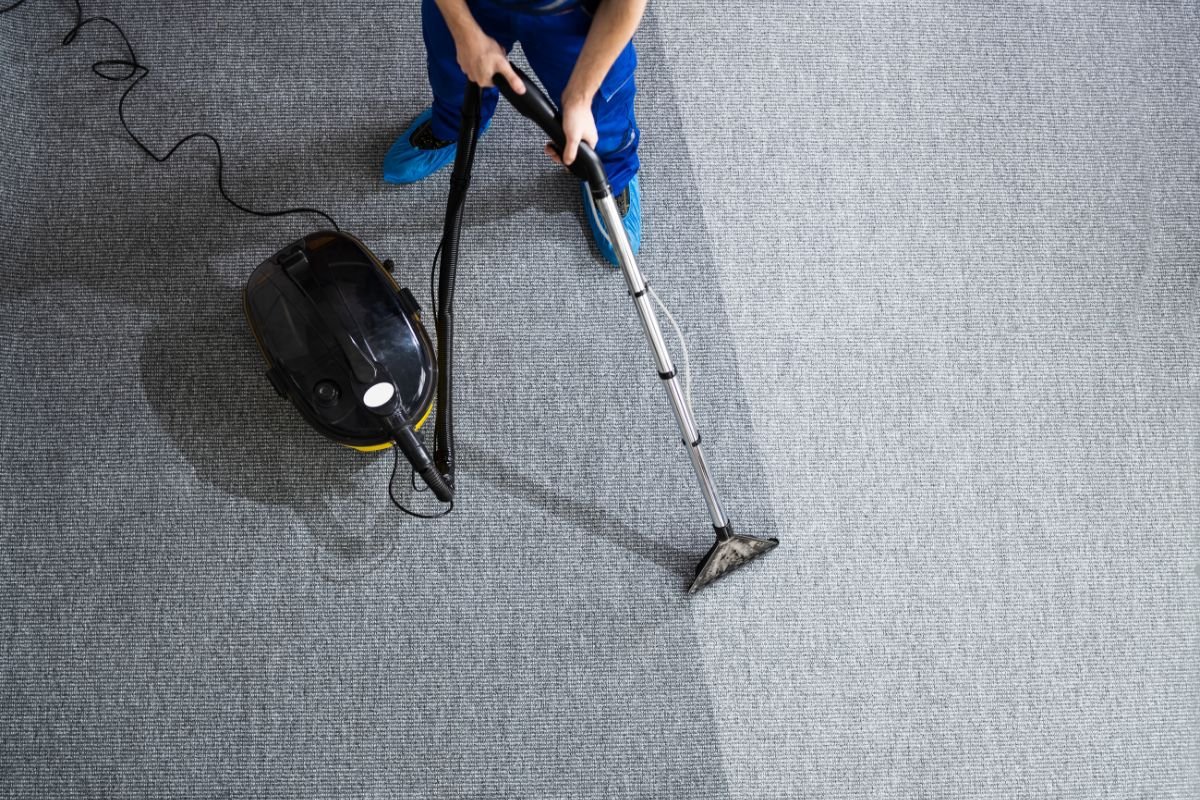
Vinegar is a staple in many American households, hailed for its natural cleaning prowess and affordability. It’s tempting to think this versatile liquid could be the secret weapon for your carpet cleaning machine. So, the big question is: can you actually put vinegar in your carpet cleaner? The short answer is yes, but it comes with significant risks and caveats. While some people do it, using vinegar in your machine can potentially damage the cleaner, harm certain types of carpets, void your manufacturer’s warranty, and may not be as effective as you hope. Before you pour, let’s dive deep into whether this DIY hack is a smart move or a costly mistake.
Understanding the Vinegar Cleaning Craze
Vinegar is a popular cleaning solution because it’s affordable, widely available, and a non-toxic alternative to harsh chemicals. Many praise its ability to cut through grime, neutralize odors, and offer mild disinfecting properties. Given these benefits, it’s no surprise that homeowners across the USA consider using it for carpet cleaning. But is it the best choice for your carpets? Let our professional carpet cleaning service handle the job for safe, effective results!
So, Can You Actually Put Vinegar in a Carpet Cleaner?

Technically, yes, you can pour a diluted vinegar solution into many carpet cleaners. However, “can” doesn’t always mean “should.” Most carpet cleaner manufacturers do not recommend using vinegar or other homemade solutions. Doing so often voids the machine’s warranty. The acidic nature of vinegar, even when diluted, can potentially corrode internal components like seals, gaskets, and metal parts over time. It’s crucial to consult your specific carpet cleaner’s manual before even considering it. If the manual explicitly forbids it, don’t do it.
Potential Benefits of Using Vinegar for Carpet Cleaning
Despite the risks, proponents point to a few potential advantages:
Natural Deodorizer
Vinegar is known for neutralizing alkaline odors, including common household smells like pet accidents (after initial cleanup) or general mustiness. The acetic acid helps break down the odor-causing molecules.
Mild Stain Remover
For very light, water-soluble stains or mineral deposits, diluted vinegar might offer some cleaning power. It can sometimes help lift faint spots without harsh chemicals.For deeper cleaning needs, check out our guide on professional stain removal techniques.
Cost-Effective Alternative
Compared to commercial carpet cleaning solutions, white distilled vinegar is incredibly cheap, making it an attractive option for those on a tight budget.
Chemical-Free Cleaning
For households aiming to reduce exposure to synthetic chemicals, vinegar presents a seemingly natural cleaning route.
Risks and Drawbacks: Why You Might Reconsider
If, after understanding the risks, you still decide to try vinegar, proceed with extreme caution and follow these steps:
Check Your Machine’s Manual First
This cannot be stressed enough. If the manufacturer warns against vinegar, heed their advice to protect your investment.
Choose the Right Vinegar (White Distilled)
Only use plain white distilled vinegar. Avoid apple cider vinegar or other types, as they contain sugars and colors that can stain carpets or attract pests.
Proper Dilution is Key
Never use straight vinegar. A common recommendation is a 50/50 mixture of white vinegar and warm (not hot) water. Using too much vinegar increases the risk of damage and odor.
Spot Test in an Inconspicuous Area
Before tackling a large area, always test your diluted cleaning solution on a hidden spot—such as inside a closet or under furniture. Allow it to dry completely and check for any discoloration or fiber damage. Protect your carpets the right way—call us today for expert cleaning advice and services!”
Rinse Thoroughly After Cleaning
After running the vinegar solution through your machine, run the machine again using only plain cool water in the tank. This helps rinse out vinegar residue and minimize potential damage and lingering odor.
Risks and Drawbacks: Why You Might Reconsider
The potential benefits often don’t outweigh the significant risks:
Potential Damage to Your Carpet Cleaner
As mentioned, vinegar’s acidity can degrade rubber seals, gaskets, hoses, and metal parts within your machine over repeated use. This can lead to leaks, reduced performance, and costly repairs not covered by warranty.
Risk of Carpet Damage or Discoloration
Vinegar is acidic. While generally safe on synthetic carpets when highly diluted and rinsed, it can damage natural fibers like wool or silk carpets potentially causing discoloration, weakening fibers, or setting certain types of stains permanently.
Strong Lingering Odor
While vinegar neutralizes some odors, it leaves behind its own distinct, pungent smell. This “pickle” or “salad dressing” scent can linger in your carpets and home for days, which many people find unpleasant.
Limited Cleaning Power
Vinegar is not a surfactant or detergent. It doesn’t effectively break down oils, grease, or heavy soil embedded deep in carpet fibers. For genuine deep cleaning, it simply can’t compete with formulated carpet shampoos.
Situations Where You Should NEVER Use Vinegar on Carpets
There are specific scenarios where using vinegar is a definite “no”:
Wool, Silk, or Natural Fiber Carpets
The acidity can permanently damage delicate natural fibers. Stick to pH-neutral, fiber-specific cleaners for these materials.
Marble or Stone Surfaces Nearby
Vinegar can etch and dull natural stone like marble, travertine, or limestone. If your carpet borders such surfaces, overspray could cause damage.
If Your Manufacturer Explicitly Forbids It
Using vinegar against manufacturer instructions will likely void your warranty, leaving you responsible for any repairs.
For Set-in or Greasy Stains
Vinegar alone isn’t powerful enough to break down oils, grease, or deeply embedded stains. For tough, old stains, a specialized commercial cleaner or professional carpet cleaning is the best solution. Don’t struggle with stubborn stains—call us today for expert cleaning services!
Safer and Recommended Carpet Cleaning Solutions
Instead of risking vinegar, consider these safer and more effective options:

Manufacturer-Approved Cleaning Solutions
These formulas are specifically designed and tested for your machine and carpet type, ensuring optimal performance and safety without voiding your warranty. You can usually find recommendations on the manufacturer’s website.
Specific Stain Removers
For tough spots like pet stains, wine, or grease, use a targeted commercial stain remover designed for that specific type of stain and your carpet fiber.
Professional Carpet Cleaning Services
For the deepest clean, removal of stubborn stains and odors, and overall carpet health, nothing beats professional service. Experts have powerful equipment and tailored solutions for different carpet types and issues. Learn more about the benefits of professional carpet cleaning.
The Verdict: Vinegar in Carpet Cleaners – Yay or Nay?
While you can technically put heavily diluted white vinegar in some carpet cleaners (if the manual doesn’t forbid it and you spot test carefully), it’s generally not recommended for most US homeowners. The risks of damaging your machine, potentially harming your carpet especially natural fibers, voiding warranties, dealing with a persistent odor, and achieving subpar cleaning results often outweigh the minimal benefits of cost savings and using a “natural” product. For routine cleaning and tackling real dirt, sticking to manufacturer-approved solutions or investing in professional carpet cleaning is the safer, more effective choice.
Frequently Asked Questions (FAQs)
Will vinegar damage my Bissell/Hoover carpet cleaner?
It potentially can. Both Bissell and Hoover generally recommend using only their branded cleaning formulas. Using vinegar could corrode internal parts over time and will likely void your warranty. Always check your specific model’s manual.
Does vinegar remove pet urine smell from carpets effectively?
Vinegar can help neutralize the ammonia smell temporarily, but it doesn’t contain the enzymes needed to break down the uric acid crystals that cause lingering pet odors. For effective pet stain and odor removal, an enzymatic cleaner or professional pet treatment service is usually required.
What’s the best ratio of vinegar to water for carpet cleaning?
If you choose to ignore warnings and proceed, the most commonly suggested (but still risky) ratio is 1 part white distilled vinegar to 1 part warm water (1:1). Stronger concentrations increase risks.
How do I get the vinegar smell out of my carpet after cleaning?
Rinsing thoroughly with plain water using the carpet cleaner helps. Good ventilation (opening windows, using fans) is crucial. Baking soda sprinkled on the dry carpet, left for a few hours, then vacuumed up can also help absorb residual odor.
Is apple cider vinegar okay for carpet cleaning?
No, apple cider vinegar is not ideal for carpet cleaning. Its sugars and brownish tint can stain carpets, attract pests, or even promote mold growth. For safe cleaning, always use white distilled vinegar instead. Need professional carpet care? Contact us today!
